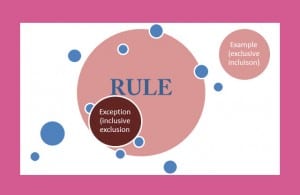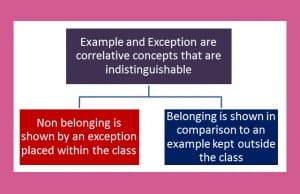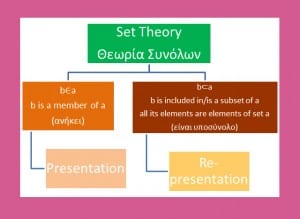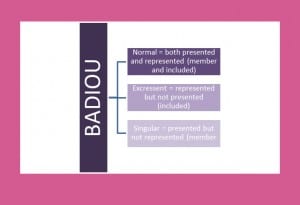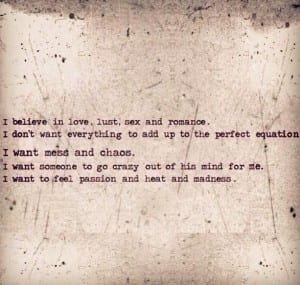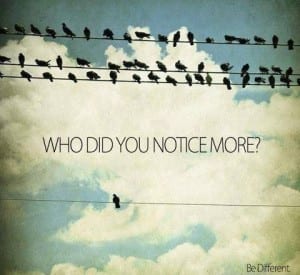HOMO SACER
PART ONE: The Logic of Sovereignty
1. The paradox of Sovereignty
1.1
Keywords: Sovereign, “in toto”, state of exception, juridical order, situational law
- Sovereign is the one to whom the juridical order grants the power to proclaim a state of exception. He belongs to the juridical order but stands outside it.
- The law is outside itself,
- The exception: it is that which cannot be incorporated, it defies general codification. It appears when the question of creating conditions where juridical law can have validity arises. It is more interesting than the “regular” case as it proves everything. The exception is what we have to look for when we want to shed light onto the general. It is “the ultimate configuration of facts”.
- Esteemed jurist is he who, with a clear mind and sharp judgment can, knows how to look into a case and see the ultimate circumstances of facts that deserve unbiased consideration and exception from the general rules.
1.2
Keywords: exclusion, suspension, threshold, chaos
- “The exception is a kind of exclusion”.
- Exception is NOT the chaos before order but the RESULT of the order’s suspension.
- That which is excluded from the general rule is simply an individual case; it still has a relation to the rule by way of being the rule’s suspension. The rule’s way of applying to the exception is it’s withdrawal.
- Chaos cannot be interiorized by the juridical order.
- “Sovereignty only rules over what it can interiorize”
- The only way for chaos to be included in the juridical order is through the exception: the state residing between chaos and the normal, between what is outside and what is inside the juridical order. What is outside is included in the very act of the juridical order’s withdrawal from the exception and its abandonment of it. Very much like what Zizek wrote about the fact that truth can be seen in a lie, in the very act of lying itself…
- The situation created through the exception is that of a threshold between what is right and what is factual. The exception is neither and it is both… Exception itself is unrealizable.
- The issue arises of creating and defining a space where the juridical/political order has validity. That is where the sovereign decision on the exception comes in.
1.3
Keywords: transgression of rule, sovereign exception, juridical rule
- A juridical rule in order to maintain its authority must be legitimate independently of the individual case.
- In the same way that language presumes the non-linguistic as that with which it needs to maintain a virtual relation in order to be defined, so must the law presume the non-juridical, that is the state of exception.
- “The sovereign exception is the presupposition of the juridical reference in the form of its suspension.” That presupposed exception is inscribed in every rule and as part of the rule; it is the offence that would under normal circumstances bring about the transgression of the particular rule.
1.4
Keywords: exception, example, inclusive exclusion, exclusive inclusion
- Exception forms a system with the example; the two constitute the two symmetrical modes by which a set (of rules) obtains its own coherence.
- A class can contain everything (providing it abides to the rules of said class) except its own paradigm. That is, the one object the comparison to which decides whether or not any other particular object belongs to the class. The example is therefore excluded from the class (or the normal case) precisely because it shows its own belonging to it…
1.5
- The exception is a fourth category. It cannot be included where it is a member, it cannot be a member where it is included. It cannot be both…
1.6
- Sovereignty (according to Schmitt) is the right to make the decision on the exception.
- The law has the regulative character “if… then… (else…)”, it is a rule primarily because it creates the sphere of its own reference and makes that reference regular.
- The sovereign decides the “normal structuring of life relations” which the law needs.
- The juridical order constitutes itself through the repetition of the same transgressive act without any sanction, that is as an exceptional case.
- Guilt is what it all revolves around. It refers NOT to the transgression BUT to the law’s simple reference to something.
- Sovereignty is in the threshold, where life is both in and out of the juridical order.
- “The rule lives off the exception alone” > the law on its own cannot exist, it relies in its being part of the life of men.
1.7
Keyword BAN: he who has been banned has been abandoned by the law. He is neither in nor out of it and at the same time he is both.
***
“I WANT CHAOS”!
Which one do you notice more?? THE EXEPTION!!!
In relation to my own practice I love symbols, math theories, and pedicate logic… When I insist that choreography is math, this is what I mean!
Set Theory Symbols
http://www.rapidtables.com/math/symbols/Set_Symbols.htm
Inflexions – A journal for research creation
http://www.inflexions.org/n2_manninghtml.html
William Forsythe – One flat thing reproduced 01/03
